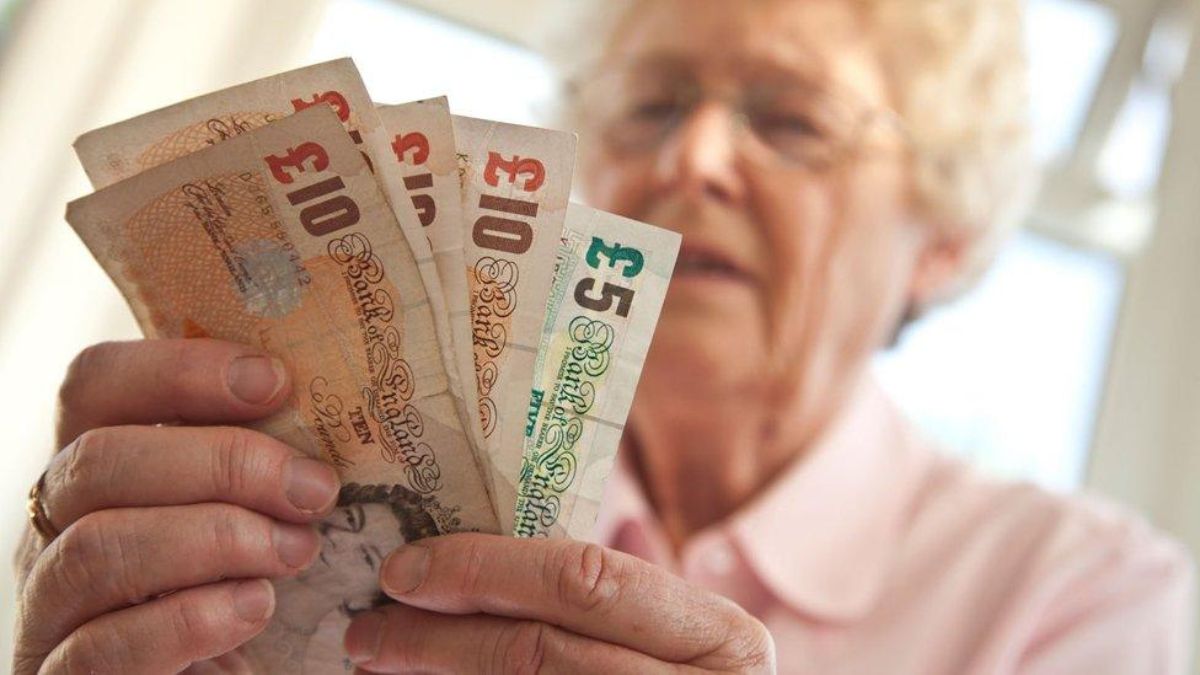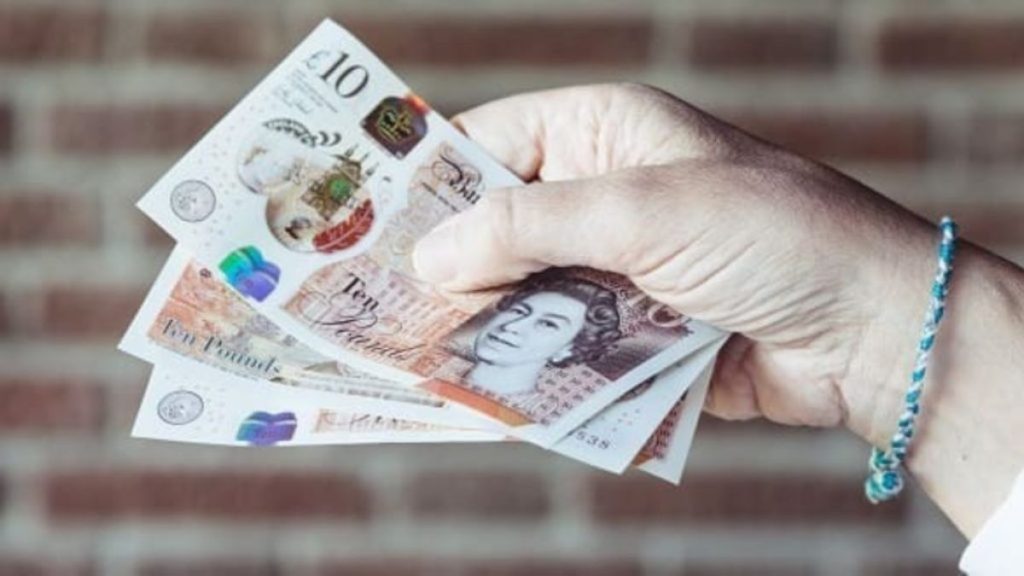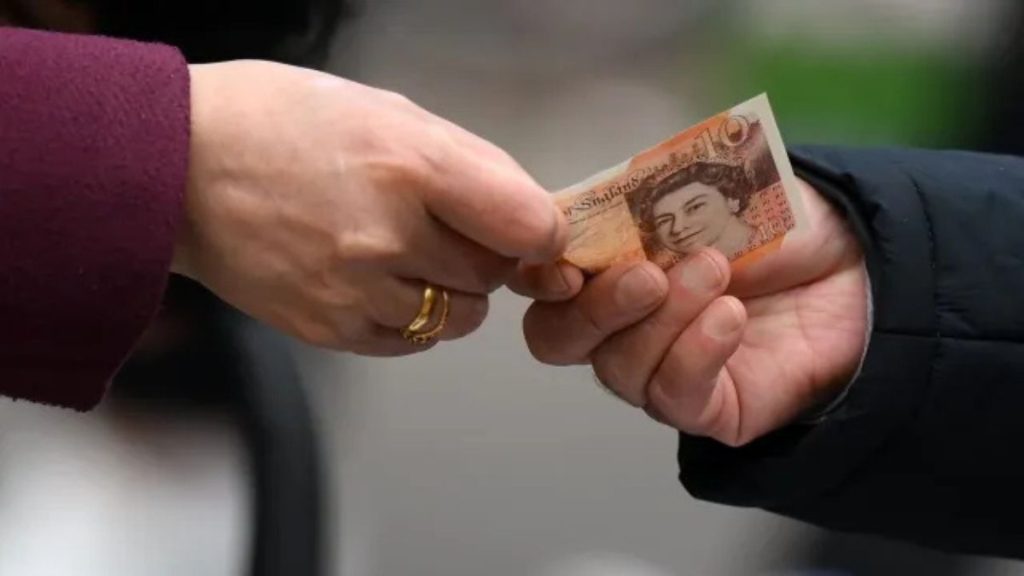The Department for Work and Pensions (DWP) has confirmed a £412 Universal Credit boost for 2025, offering extra financial support to help families and individuals across the UK cope with rising living costs.
This payment will reach millions of Universal Credit recipients, reflecting the government’s continued commitment to support low-income households facing inflation, housing cost increases, and higher energy bills. For many, this will be a much-needed cushion against ongoing economic pressures.
What Is the Universal Credit Boost?

The £412 payment is a one-off or scheduled additional payment added to regular Universal Credit disbursements. It is non-repayable, meaning claimants will not need to return it, and it does not replace existing benefits.
The DWP has designed this boost to help households deal with everyday essentials — such as food, rent, energy, and transport — at a time when costs remain persistently high. It forms part of a broader government plan to deliver targeted support to those most in need during 2025.
Why the £412 Boost Matters
The cost of living crisis continues to impact millions across the UK. Inflation, rent hikes, and rising utility bills have stretched budgets, especially for households dependent on Universal Credit.
For many claimants, this £412 top-up can mean:
- Catching up on overdue bills or rent arrears.
- Covering grocery and energy expenses for a full month.
- Creating a small financial buffer to handle emergencies.
The DWP emphasises that while this boost is not a permanent benefit, it provides critical support during one of the most expensive periods in recent years.
Who Is Eligible for the £412 Universal Credit Payment?
Eligibility for the 2025 boost depends primarily on your current Universal Credit status. To qualify, claimants must:
- Be receiving Universal Credit when the payment is issued.
- Meet the DWP’s income and savings thresholds (set for low-income households).
- Not have received a similar one-off support payment recently.
The DWP automatically identifies eligible claimants based on their benefit records — no separate application is required.
Additional Support:
Households with children, disabled adults, or caring responsibilities may also receive supplementary payments under other government schemes. The DWP encourages claimants to check their Universal Credit online account for personalised eligibility updates.
When Will the Payment Be Made?
The £412 payment will be distributed in phases throughout 2025.
Most claimants will receive it automatically according to their Universal Credit payment schedule, meaning it will appear in the same bank account where your usual benefit is paid.
Expected timeline:
- Spring rollout (April–June 2025) for existing claimants.
- Summer phase (July–August 2025) for those with new or updated claims.
The DWP will post official notifications in claimant journals and may send confirmation texts or letters before payments are released.
Tip: Ensure your bank details and contact information are up to date in your online Universal Credit account to prevent delays.
How the £412 Payment Is Calculated
The £412 Universal Credit payment is a flat-rate boost, meaning it is not affected by income, rent, or household size.
However:
- Single claimants will typically receive the full £412.
- Joint claimants (couples) may receive a combined or slightly adjusted payment, depending on their household assessment.
This simplicity ensures faster processing and equal access to support across different claimant categories.
How to Claim the Universal Credit Boost
No additional claim is required. The DWP will automatically issue the payment to eligible recipients.
Here’s how to prepare:
- Check your Universal Credit journal regularly for messages from DWP.
- Verify your bank details to ensure the payment is sent correctly.
- Respond quickly if the DWP requests confirmation or additional information.
If your payment is delayed or missing, contact the Universal Credit helpline or message your work coach through your online account. Claimants experiencing repeated issues should keep records of messages and payment references for quicker resolution.
What If You Recently Applied for Universal Credit?
New claimants who apply before or during the rollout period can still qualify for the £412 payment. Once your claim is approved and your first Universal Credit payment is made, the DWP will automatically assess whether you meet the eligibility conditions for the boost.
This ensures that no eligible claimant is excluded, even if their application is processed later in 2025.
Impact on Other Benefits and Taxes
The £412 Universal Credit boost is tax-free and will not affect other benefits.
It does not reduce or replace payments such as:
- Child Benefit
- Housing Benefit
- Council Tax Support
- Disability Living Allowance (DLA) or Personal Independence Payment (PIP)
In addition, the boost does not need to be reported for tax purposes, as Universal Credit payments are exempt from income tax.
How the Payment Supports Household Finances
For many families, this one-off payment can make a tangible difference. Common uses include:
- Paying off high-interest debts.
- Covering school or childcare expenses.
- Buying essential home or food supplies.
- Managing heating or electricity bills ahead of winter.
Financial experts recommend using the £412 strategically — prioritising essential bills and setting aside a small portion for emergencies to avoid future hardship.
Common Questions About the £412 Universal Credit Boost
1. Will this affect my regular Universal Credit payments?
No. The £412 is an extra payment and will not reduce or replace your monthly entitlement.
2. Do I need to apply for it?
No. The DWP will automatically pay eligible claimants.
3. What if my circumstances change before the payment?
If your claim closes before the official qualifying date, you may not receive the payment. Always report changes to the DWP promptly to keep your eligibility active.
4. Can I receive both this payment and other DWP cost-of-living support?
Yes. The £412 boost can be received alongside other eligible payments such as disability, pensioner, or energy support schemes.
5. What if my payment doesn’t arrive?
Wait at least two working days after your expected payment date before contacting the DWP. Then check your online account or call the Universal Credit helpline for updates.
DWP Support and Official Resources
The DWP has provided multiple ways to get help and stay updated:
- Universal Credit online account (for messages and notifications)
- DWP helpline: 0800 328 5644
- Local Jobcentre Plus offices for in-person assistance
- GOV.UK website, which posts official payment dates and eligibility criteria
Avoid third-party websites or social media posts claiming early access to payments — these are often unverified or misleading.
Planning Ahead for 2025
For Universal Credit claimants, this £412 boost can be part of a broader financial plan.
To make the most of the payment:
- Prioritise rent, energy, and food costs.
- Set aside a small amount for emergencies or debt repayments.
- Track your spending to identify areas for saving.
- Stay informed through official DWP channels for future updates or new support packages.
Even small steps in budgeting can extend the impact of this one-off payment and improve financial stability throughout 2025.
Summary: £412 Universal Credit Payment at a Glance
- Payment: £412 one-off or phased boost
- Year: 2025
- Administered by: Department for Work and Pensions (DWP)
- Eligibility: Active Universal Credit claimants meeting income/savings rules
- Tax Status: Non-taxable
- Application Required: No — automatic payment
- Purpose: To help households manage increased living costs
The £412 Universal Credit boost represents a key part of the government’s cost-of-living response, helping millions across the UK stay afloat amid economic pressures. By staying informed, verifying details, and budgeting wisely, claimants can make the most of this valuable support.


















